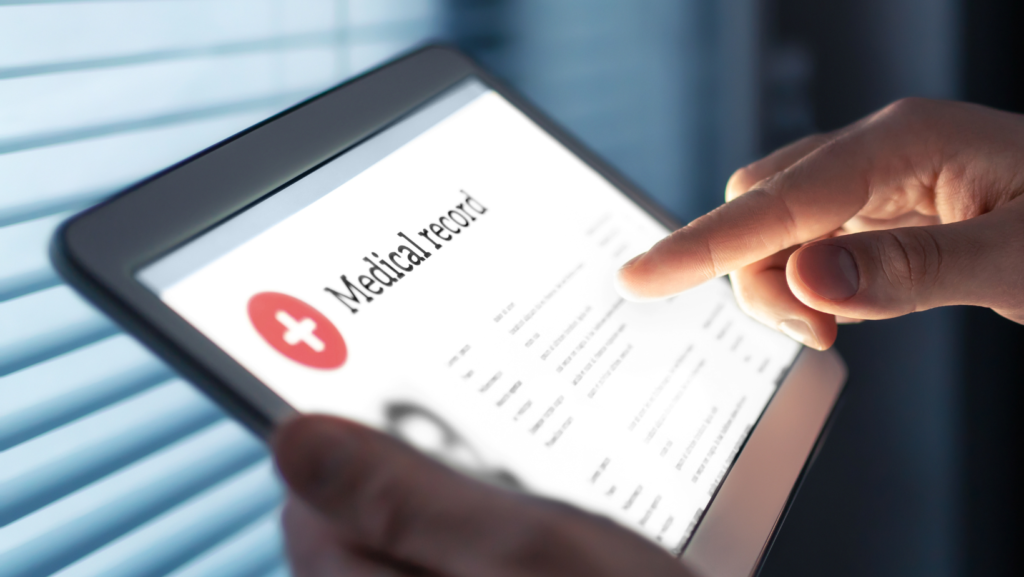Digital Health Information Security is a crucial concept in today’s technology-driven healthcare system. It refers to the practices and measures taken to protect personal health information (PHI) from unauthorized access, corruption, or theft when it is stored, transmitted, or used online. This blog post aims to shed light on the risks associated with online PHI and the ways to safeguard your digital health information.
The Risks of Sharing Personal Health Information Online
It’s important to first understand the risks associated with sharing PHI online. Online Health Information is often threatened by cybercriminals who aim to steal or misuse this sensitive data. A breach can result in medical or financial identity theft. Moreover, many online health portals and telehealth systems are not covered under HIPAA, leaving data susceptible to third-party misuse.

Given these risks, ensuring Digital Health Information Security is of paramount importance. Not only does it protect individuals from harm, but it also safeguards healthcare organizations from reputational and financial damage. Adherence to privacy and security standards is a shared responsibility among healthcare providers, IT professionals, and patients themselves.
Measures for Enhancing Health Information Security
There are several measures that can be taken to enhance Digital Health Information Security. One of the key ones is ensuring the confidentiality, integrity, and availability of all electronic PHI. Healthcare providers should identify and protect against reasonably anticipated threats to the security or integrity of this information.
Moreover, patients should be educated about the potential harm caused by breaches and how to protect their PHI online. This includes using secure networks for accessing health information, regularly updating passwords, and being aware of phishing attempts.
Regulatory Measures
Regulatory measures also play a critical role in Digital Health Information Security. Laws such as the Health Insurance Portability and Accountability Act (HIPAA) have been enacted to ensure the privacy and security of PHI. These laws require healthcare providers to implement certain administrative, physical, and technical safeguards to protect this information.

However, regulatory bodies such as the FTC and HHS have warned that unauthorized disclosure of PHI poses significant risks, particularly in the context of online tracking by hospital systems and telehealth providers. Therefore, it’s important for these entities to strictly adhere to privacy and security regulations.
Ensuring Your Digital Health Information Security
In conclusion, while the digitization of health information has brought numerous benefits, it has also posed significant challenges for Online Health Information Security. By understanding these risks and implementing the necessary protections, we can ensure the safety and privacy of our personal health information online.
As we navigate the digital health landscape, let us all prioritize the security of our health information, making healthcare safer, more efficient, and more patient-centered.
https://www.healthit.gov/playbook/privacy-and-security/
https://www.hhs.gov/hipaa/for-professionals/security/laws-regulations/index.html
https://www.healthit.gov/sites/default/files/pdf/privacy/privacy-and-security-guide.pdf

